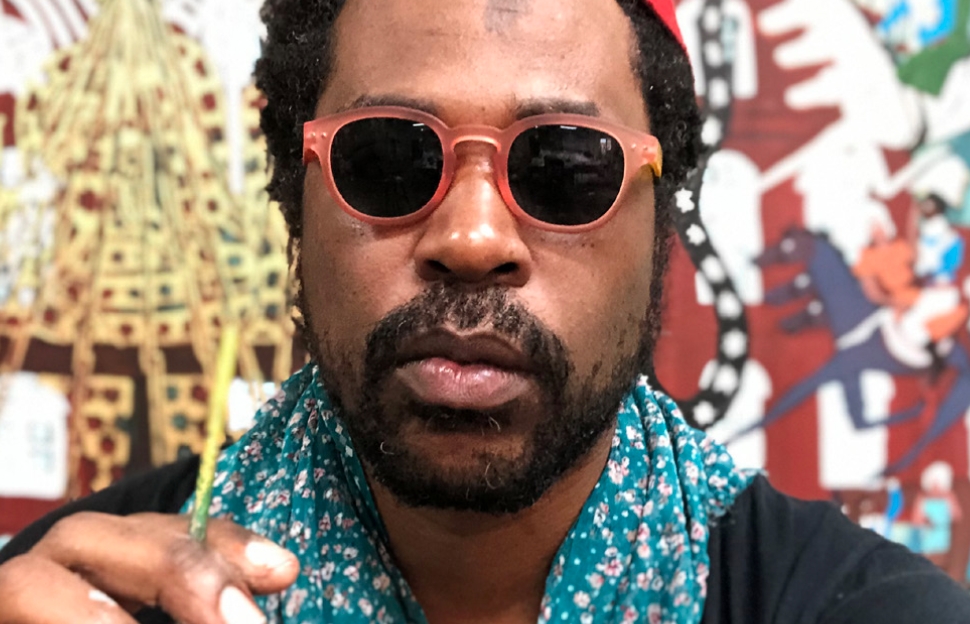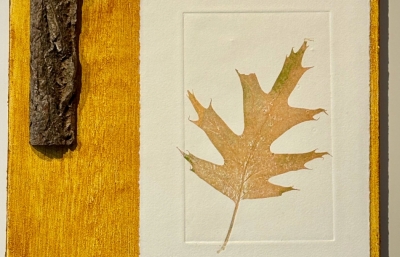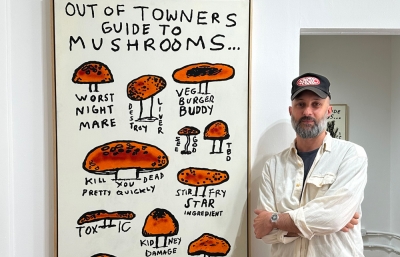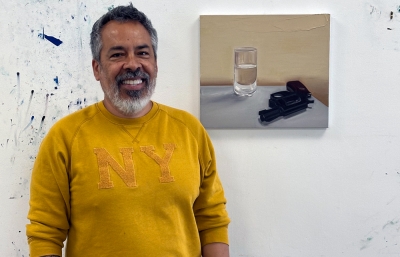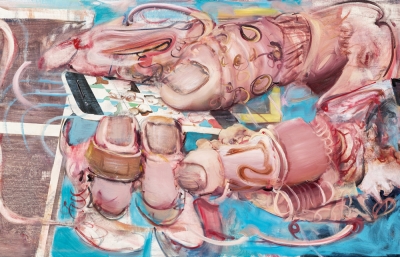DG: Was religion a part of your upbringing? What was your relationship with it, if any?
That's a very interesting question. So, growing up, even with my name, I grew up primarily Christian. My parents were into various African spiritualties, and that's another thing about black people in the United States. It’s the reason I have the name that I have, because my mother and my father used to travel back and forth to Nigeria, Senegal, Côte d'Ivoire, and Ghana. So my father and my mother were hanging out with Fela Kuti and some of Fela's friends. They were like, "Hey, if it's going to be a girl, you should name her Rashida and if it's a boy, you should name him Umar." I was a boy, so they named me Umar Rashid. So that's my whole first name. I'm not going to tell you my slave name, the name that was given to me by the captives of my people. Two reasons.
So they named me this name even though they were raised in a Christian tradition. I went through all the denominations of Christianity, from Baptist to Catholic, which is where I ended up. The thing about Catholicism that I really enjoy is its gilded nature. It's very showy in its forms of ceremony, which I really liked. So when I was getting out of high school, I converted to Islam, so I was practicing that, and I took the Shahada. I was practicing Muslim for some years, but then I met my wife who's from Japan. She introduced me to Shinto and Buddhism, and so I stopped practicing organized religion after a while. I respect all faiths.
DG: Did you find a common thread between the major religions you practiced?
Yeah. It's just like Abrahamic religions. Definitely, there's a commonality, especially between Christianity and Islam; it's like the middle and the end, because it all begins with Judaism. All the Abrahamic faith comes from Abraham, who identified as Jewish, or whatever Jewish was back in those days. The Abrahamic faith is the Torah, the Injil and the Quran, the three books that hold these faiths together. Then again, at the end of the day, I couldn't say that any one of those faiths represented me, or how any one of those, any of my personas, became the complete me. I needed to understand them. I needed to practice these faiths in order to understand them on a personal level.
Nowadays, the world is pretty much known. You can be anywhere in 24 hours on this planet. The journeys that we take these days are more introspective. There're more journeys into ourselves rather than the journeys of exploration and finding new lands and, "Oh, this sea moss is great. Perhaps we will figure out some way to cure cancer," said nobody ever. You go through these phases, and I wouldn't say it was a phase, because when I did practice religions, I was very devout. I used to sing. I loved going to Jumu’ah with my friends at the Mosque that I went to, and we would have discussions over a meal, especially during Ramadan.
DG: Can you tell us about the process, and how you arrive at that final image in the painting?
Usually it starts with the research, but if I'm not doing a show about anything specific, I usually do six months of research and six months of execution. For now, I've already researched the vast majority of the hard points, so I will just get into the intricacies later on. Right now, I'm trying to finish this narrative about the American West and also parts of New Spain. So that's been the focus for the past five years. Five years before that, I did New England.






